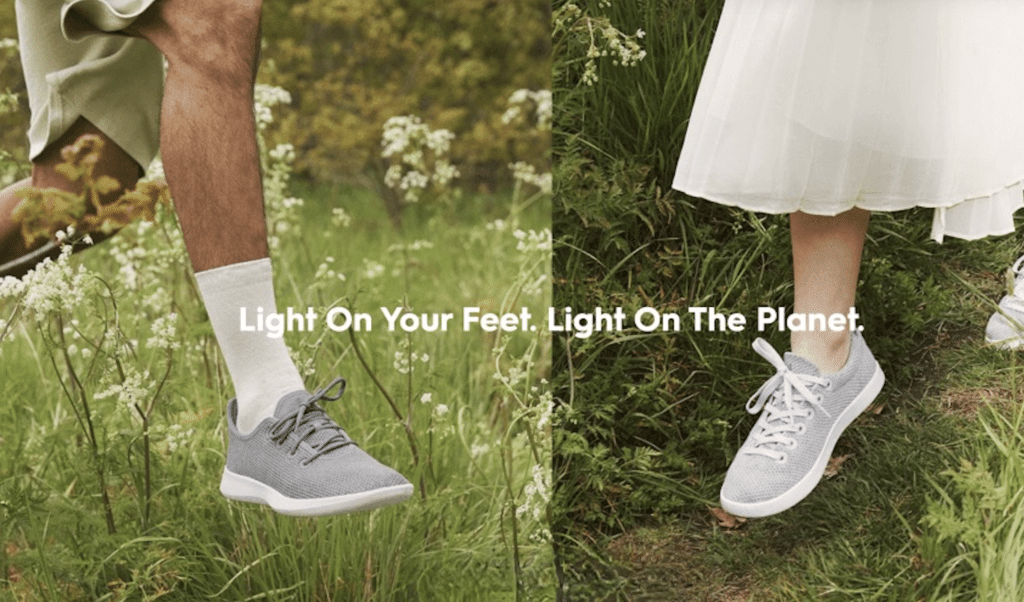Cambridge Analytica “exploited the cultural narratives that the fashion and culture industry put out” to help elect Donald Trump as the president of the United States. Christopher Wylie, the whistleblower that brought down Cambridge Analytica, said this week that the political marketing firm headed by Trump’s former key adviser, Steve Bannon, and owned by hedge-fund billionaire Robert Mercer “weaponized” the fashion industry in the run up to the 2016 U.S. Presidential election, which Wylie says helped put Donald Trump in office.
Speaking at BoF’s Voices event this week, 29-year old Wylie – who served as Cambridge Analytica’s director of research before leaving the company in 2014 – revealed that fashion was one of the many identifiers of consumer preferences that the firm carefully examined in order to build models that would serve to identify which social media users to target with pro-Trump messaging.
Early this spring, Cambridge Analytica – a political consulting firm that combined data mining, data brokerage, and data analysis with strategic communication – was revealed to have acquired and used personal data about as many as 87 million Facebook users without their consent. The information collected included “fashion data, [which was utilized in order] to create AI models to help [former White House chief strategist] Steve Bannon build his insurgency and build the alt-right,” said Wylie.
“When you look at personality traits, music and fashion are the most informative [tools] for predicting someone’s personality,” he stated. “As such, a social media user’s preference for a particular fashion brand can provide a very clear indication of “populist political signaling.” As for fashion brands, themselves, they are “really useful in producing algorithms to find out how people think and how they feel. Different people choose different clothes and it correlates with their politics.”
With that in mind, “how consumers engaged with certain brands was put into a funnel and helped build the algorithms” that Cambridge Analytica used to target users with pro-Trump advertisements. If consumers indicated interest in brands linked to low levels of openness and high levels of mistrust, they would be served pro-Trump ads. Those brands, which tended to have histories and/or styles that seemed to appeal to people who would be susceptive to populist and nationalist messaging, included Abercrombie-owned Hollister, and Wrangler and Lee Jeans, among others.
On the other hand, followers of high fashion brands like Kenzo and Alexander McQueen tended to more likely be democratic voters, and thus, escaped Trump messaging for the most part.
Cambridge Analytica announced in March that it was shutting down, but cultural touch points that can be manipulated and used for political gains live on, including in the fashion industry, according to Wylie. “We are in a cultural war,” he said. Addressing fashion industry participants, he stated, “You guys have created the battlefield.”
Now, he says, “we need new narratives in culture, and need to do a better job of showing more diversity” in order to direct politics along a different route.











